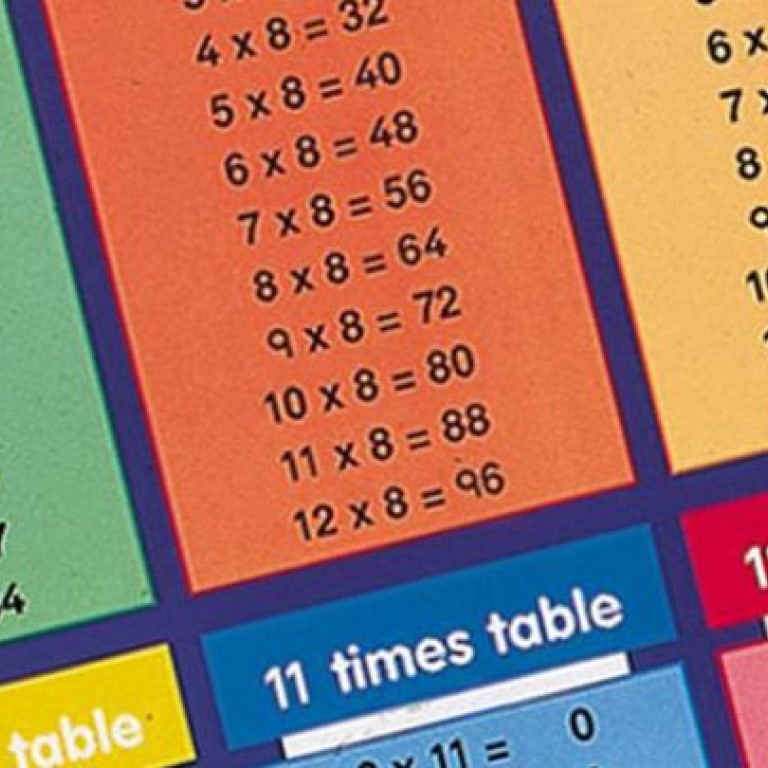
More than one answer to maths problems
It is indeed a teacher's job to teach the students, and parents should not have to feel pressured into getting expensive, time-consuming tutoring unless they feel it is absolutely the right thing for their child.

It can be difficult, especially in Hong Kong, where parents have very high academic expectations, not to feel pressured by other parents' decisions. But enrolling children in extra classes can lead to an over-scheduling of work-related activities at the expense of their happiness and emotional well-being. This can end up being counterproductive.
A tutor is not your only option. There are other ways you can help your daughter improve, such as interactive computer activities, which are a fun way to help develop arithmetic and problem-solving skills. Ask her teacher for recommendations.
Use everyday opportunities to practise all areas of maths, including telling the time, identifying and naming shapes in the environment, and handling real data in the house and elsewhere. Keep these sessions short but regular.
Don't underestimate the importance of practising the times tables. Proficiency in instant multiplication aids speed and confidence. You can also bring in other key concepts, such as counting up and back by using repeated addition and subtraction, and teaching her to check her answers by using the inverse operation of division. She also needs to appreciate the commutative law, meaning that numbers can be added or multiplied in any order to get the correct and equivalent answer (for example, 5x6 = 6x5).
The key to tackling maths successfully is the same as that for most subjects in school: confidence. If children panic when faced with a problem, they will not be able to think clearly or use the strategies they have been taught. But with increased confidence, they should be able to use "trial and error" to have a go at a problem even if they are not sure how to approach it.
If you do decide to consider a tutor, talk to your daughter first. Would she go willingly or would she begrudge the time spent on extra maths lessons? Some trial sessions might show if it works for her.
Do your research, as tutoring services vary widely. They range from franchised operations following well-structured programmes to those that employ staff with few credentials. Qualified teachers also set themselves up as twilight tutors, but these can be more expensive and still vary in quality. High costs do not always translate into value for money.
Check that your chosen providers aim for a deep understanding of maths, and don't just teach calculation tricks. While it is important to be able to manipulate numbers, this skill has limited impact if there is little understanding of the underlying concepts, and how to apply them. Chat with tutors to gauge their expertise.
Tutoring can be the answer for some of those who need extra help in their studies, but you should follow what you believe is right for your daughter and your circumstances.
